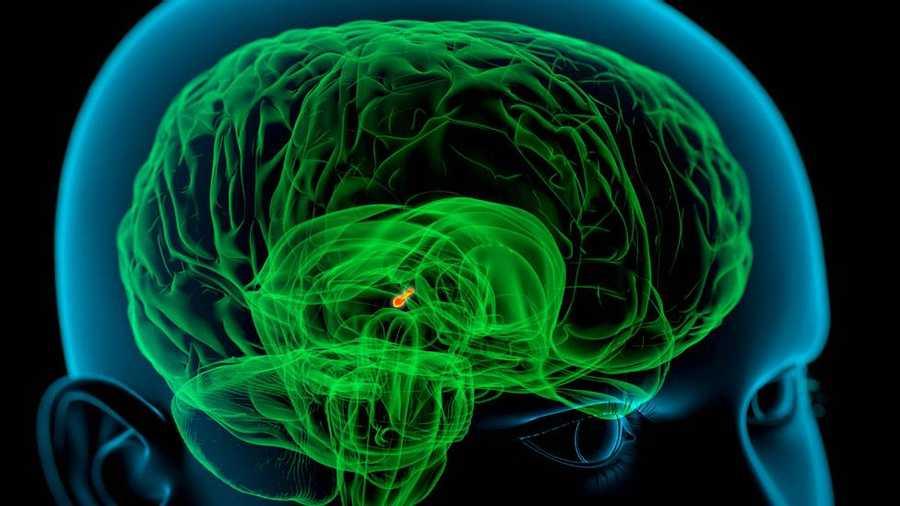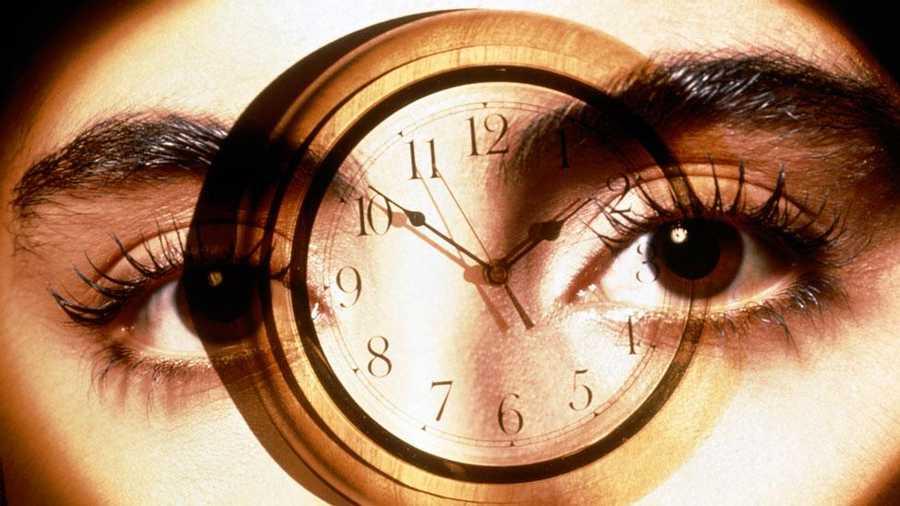Explore the World's Best Ideas
Join today and uncover 100+ curated journeys from 50+ topics. Unlock access to our mobile app with extensive features.
Jet lag
Jet Lag is a debility similar to a hangover. Jet Lag derives from the simple fact that jets travel so fast they leave your body rhythms behind.
Our biological clocks are synchronized to a 24-hour period. Our internal clocks drive our circadian rhythms, which anticipate dawn and dusk, and control everything from blood pressure to how hungry we are. When we fly to a different time zone, (or work night shifts), our internal clocks go out of sync.
41
274 reads
We take a few days to adjust
Our bodies take a few days to fully adjust, depending on not only how many time zones have been crossed, but also the direction of travel.
Usually, it would take five or six days to adjust to a six-hour shift in time zone. When you travel east, your body has a shorter time to synchronize with the regular 24-hour sun cycle. When you travel west, your body has extra time to adjust.
41
211 reads
Speeding up the adjustment
Generally, the best way to fool your biological clock is to shift your internal rhythms before the flight.
- Restrict light exposure to specific times.
- Restrict rest and meals.
- Adjust activities such as walking and running to specific times.
- Use melatonin - the hormone that makes us sleepy - in small amounts. However, certain people should avoid melatonin.
45
246 reads
IDEAS CURATED BY
Noelle H.'s ideas are part of this journey:
Learn more about health with this collection
How to practice self-compassion
How to identify and challenge negative self-talk
How to build self-confidence
Related collections
Similar ideas
5 ideas
The Science of Deep Sleep - Mindful
mindful.org
Read & Learn
20x Faster
without
deepstash
with
deepstash
with
deepstash
Personalized microlearning
—
100+ Learning Journeys
—
Access to 200,000+ ideas
—
Access to the mobile app
—
Unlimited idea saving
—
—
Unlimited history
—
—
Unlimited listening to ideas
—
—
Downloading & offline access
—
—
Supercharge your mind with one idea per day
Enter your email and spend 1 minute every day to learn something new.
I agree to receive email updates


